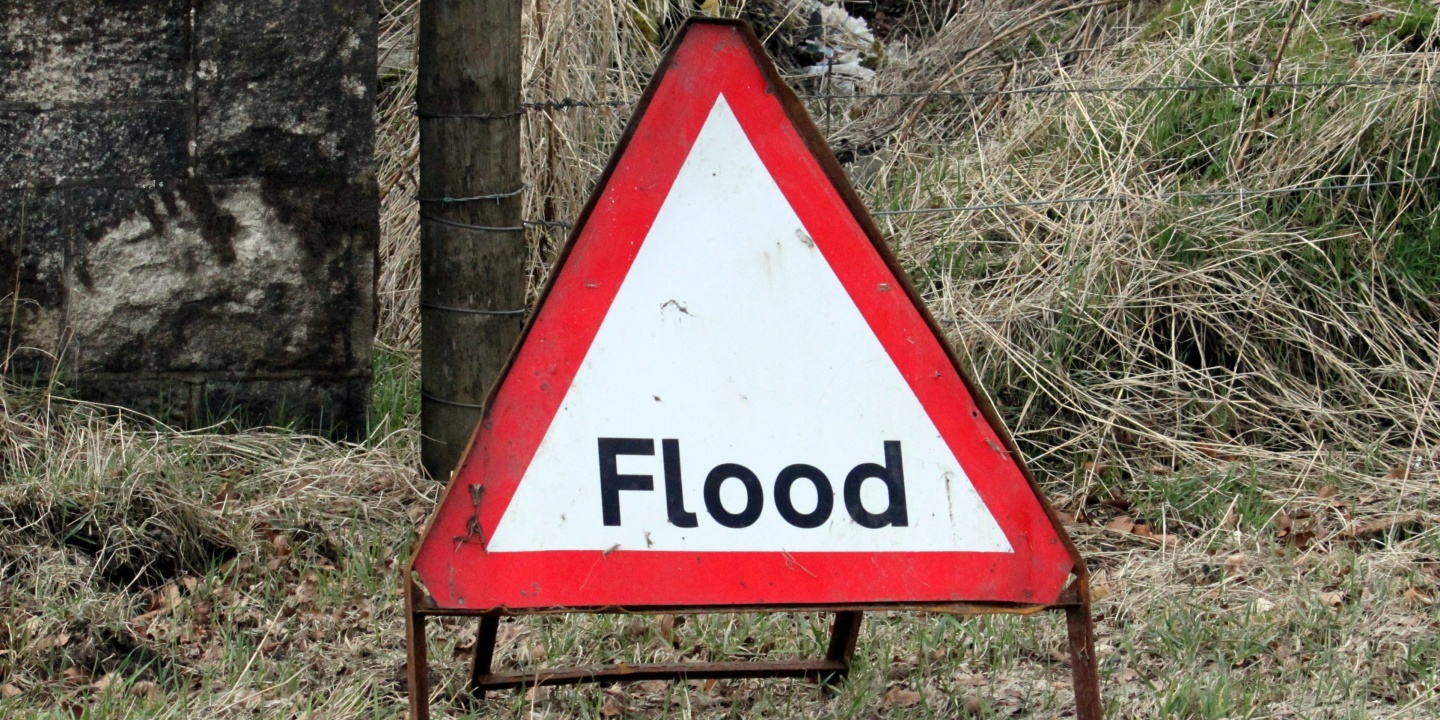Insurance industry officials in Florida have yet to see evidence a wave of costly third-party claims stemming from Hurricane Irma, but companies are bracing for an uptick in what’s called assignment-of-benefits (AOB) cases.
The number of property claims statewide numbered more than 700,000 as of Oct. 6, with property loss estimates put a $4.5 billion, the Florida Office of Insurance Regulation reported.
Businesses in Florida have raised concerns in recent years about the state’s AOB process, under which policyholders can sign over their rights to third parties that promise quick flood-damage repairs. But in many instances, insurers are billed at inflated rates, leading to lawsuits and rising policy premiums for consumers.
Without AOB reform legislation, property insurance premiums are protected to continue rising through 2020, said Karen Kees, a spokeswoman for the Office of Insurance Regulation. A new $150,000 home would require about $1,297 to insure in 2018, but that cost would rise to $1,595 by 2020, according to the office’s projections, which are based on rate data for 15 private insurers.
“Service of process data collected by the Department of Financial Services has shown a significant increase in the number of lawsuits that involve an assignment of benefits over the last several years,” Kees said in an email. The data does not cover the post-Irma period, however.
It’s still too early to determine precisely how Hurricane Irma will affect AOB cases and, in turn, future rate increases, officials said.
“I don’t know the answer, and I don’t think anyone knows just yet,” said Michael Carlson, president of the Personal Insurance Federation of Florida. “Even though we are several weeks after impact and it’s still in recover-response mode, I don’t think carriers have a sense of the paperwork.”
But the federation is keeping an eye out for those signs, Carlson said.
“I think it will be a couple of months before we have a sense of the volume of these claims,” he said.
A spokesman for Citizens Property Insurance Corp., a nonprofit entity created by the Florida legislature, agreed that it’s difficult to see a rise in hurricane-related AOB cases at this point, but that could change very soon.
“We expect that the AOB issue will raise its head more significantly over the next several weeks, as opposed to immediately after the storm …” said Michael Peltier of Citizens. “Those cases must move through our claims system.”
Citizens now estimates that it will pay out $1.23 billion in losses as a result of Hurricane Irma, but it estimates it will have adequate resources to pay those claims while leaving in place a $6.4 billion surplus to be used after future hurricanes.
Though insurance companies are bracing for an uptick in AOB-related cases, observers see the industry as financially strong and able to pay out claims through their accumulated surpluses.
“Everything I’ve heard seems to indicate that the market is responding in a very healthy way,” Carlson said. “Companies have built up surpluses.”
Though the rise of AOB cases in recent years has raised financial concerns, companies have a great capacity to cover property at reasonable rates, he said. In addition, the most frightening scenarios involving Irma didn’t quite pan out. The hurricane bobbed and weaved as it traveled up the state and had less of an effect than expected on some key areas, Carlson said.
“Anecdotally, I’ve heard from people who know that some companies might not have enough losses to require them to seek coverage under the Cat Fund,” he said, referring to the state’s Hurricane Catastrophe Fund.
That program, which was created by the state legislature, reimburses insurers for a part of their losses resulting from catastrophic hurricanes.
“We’ve had 10 years without a major storm that put pressure on the industry,” Carlson said.
Still, AOB reform remains a high priority for the Personal Insurance Federation of Florida, which supports legislation that has been introduced by state Sen. Dorothy Hukill (R-Port Orange). Hukill’s bill would place new limits on agreements that transfer insurance rights from the policyholder to third parties and would also curb third parties from using the state’s one-way attorney fee law. That statute has caused insurers to often be on the hook for all attorney fees arising from such cases.
The bill has been referred to three Florida Senate Committees: Banking and Insurance, Judiciary and Rules.
